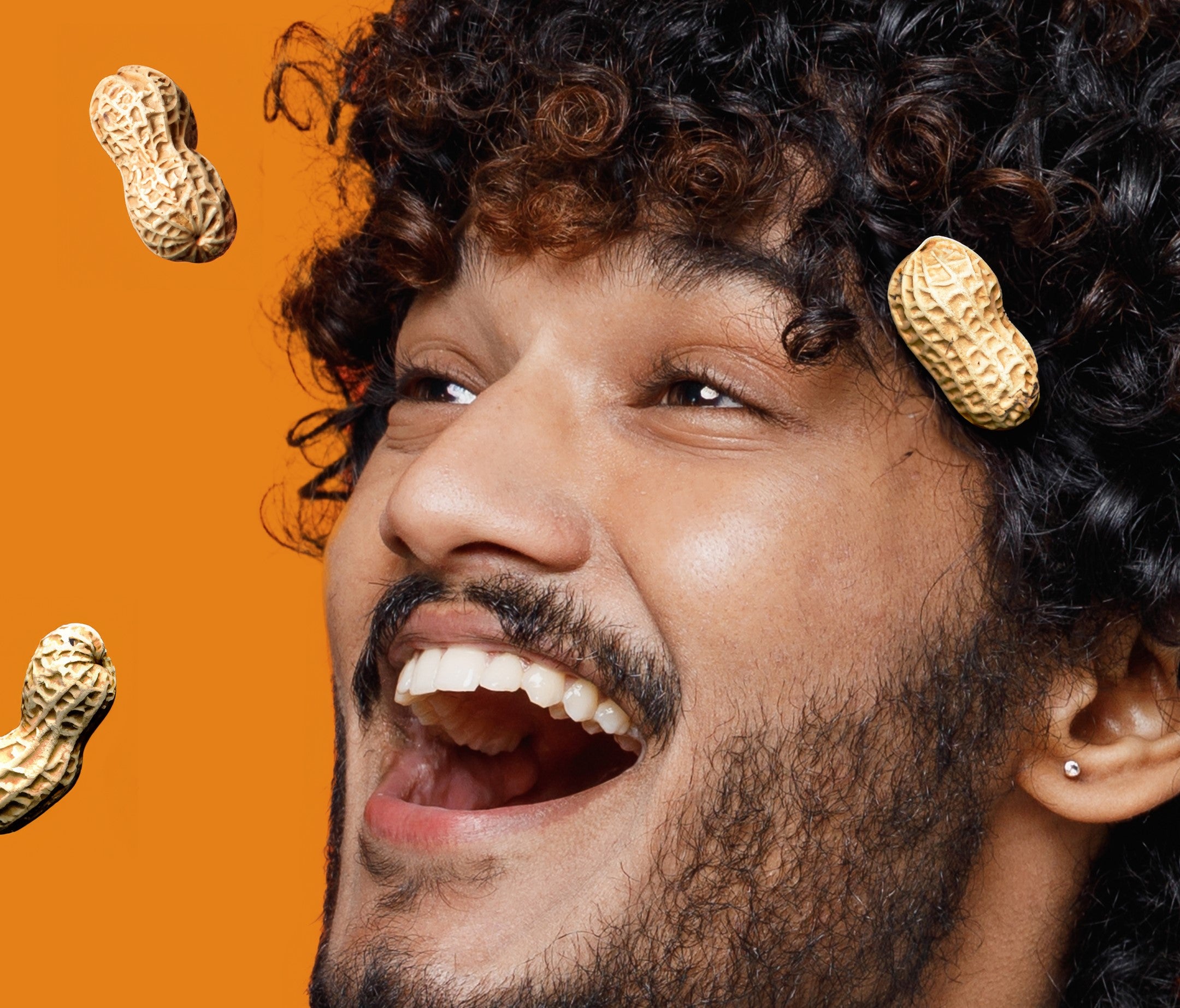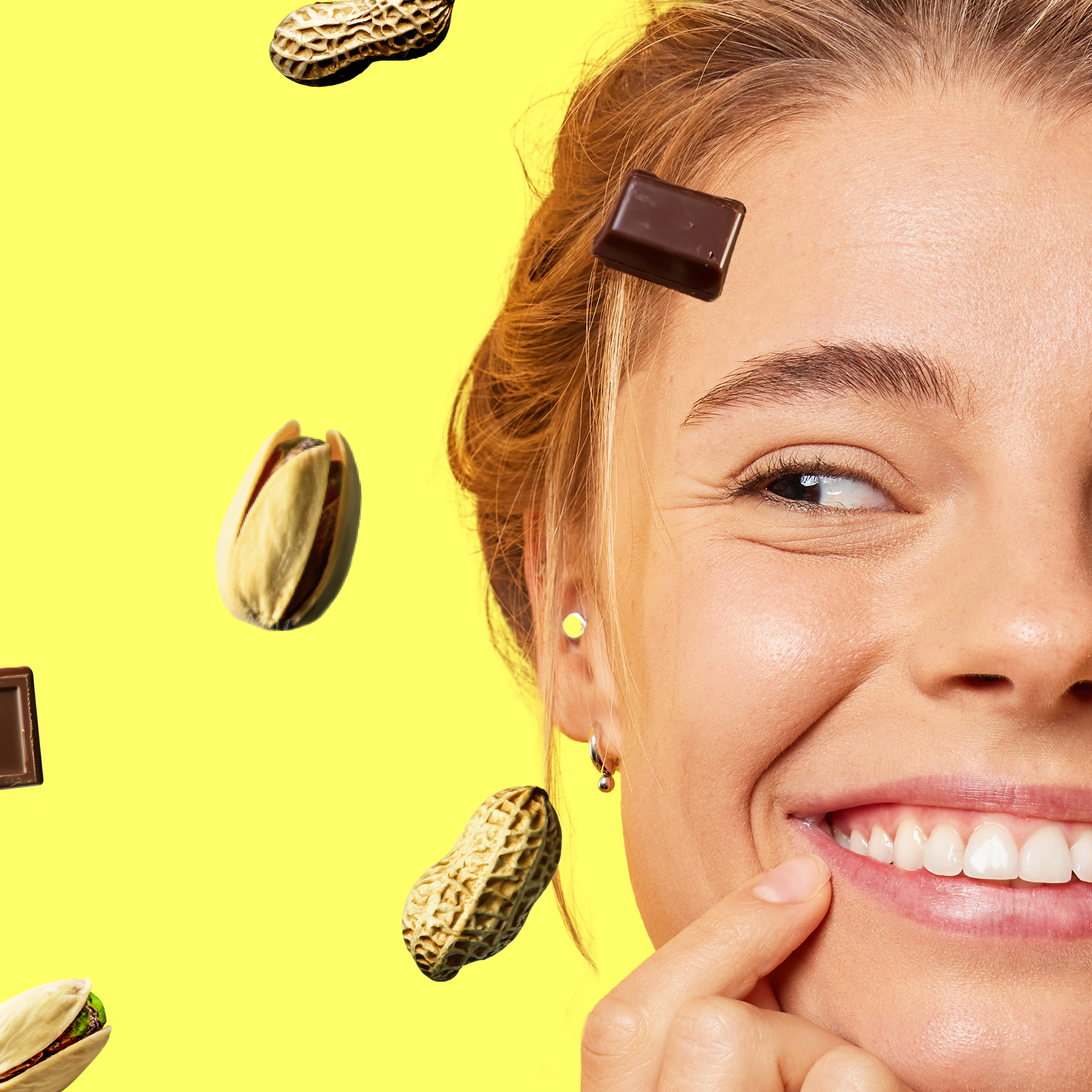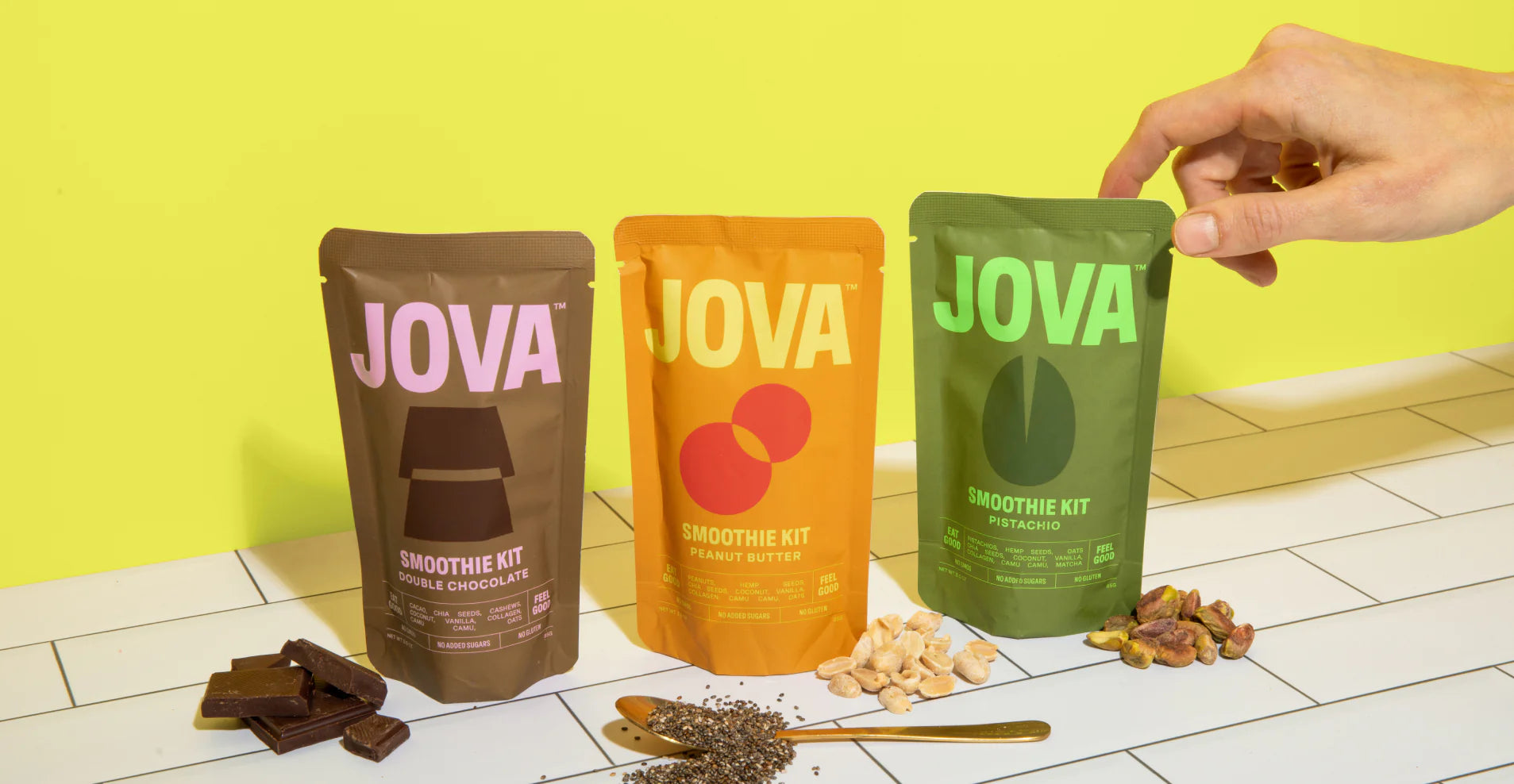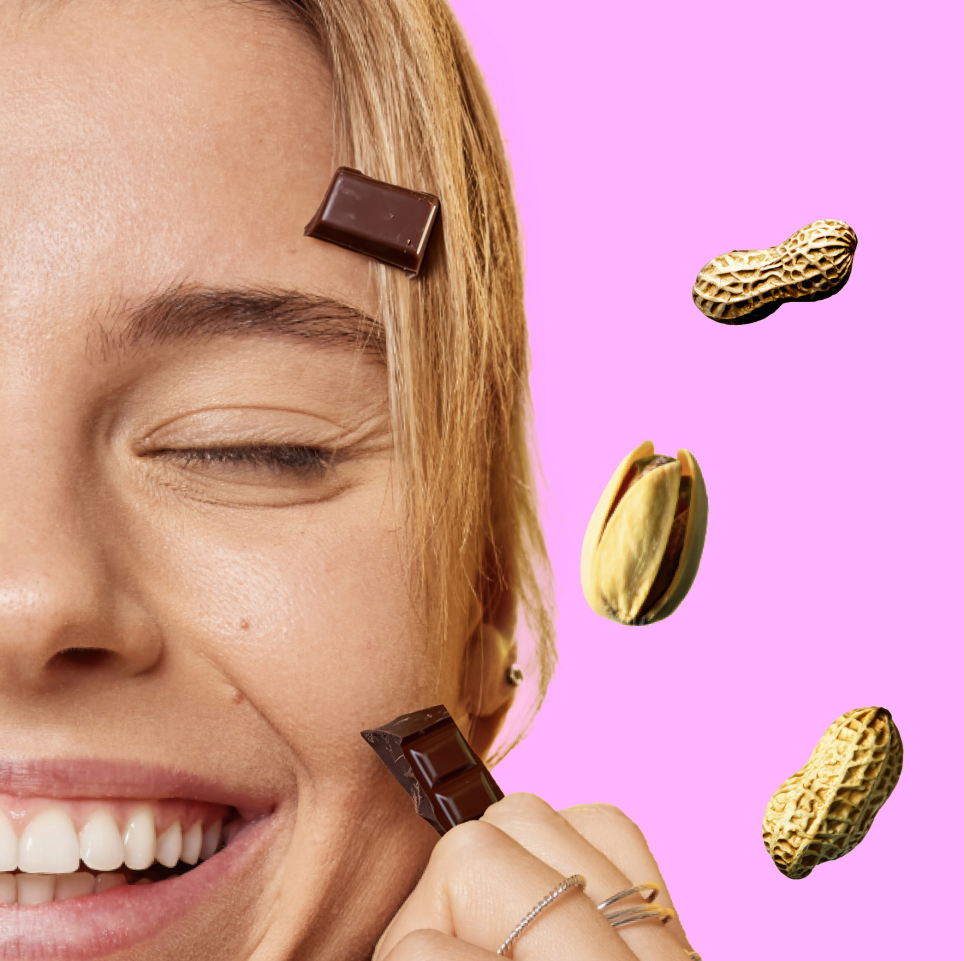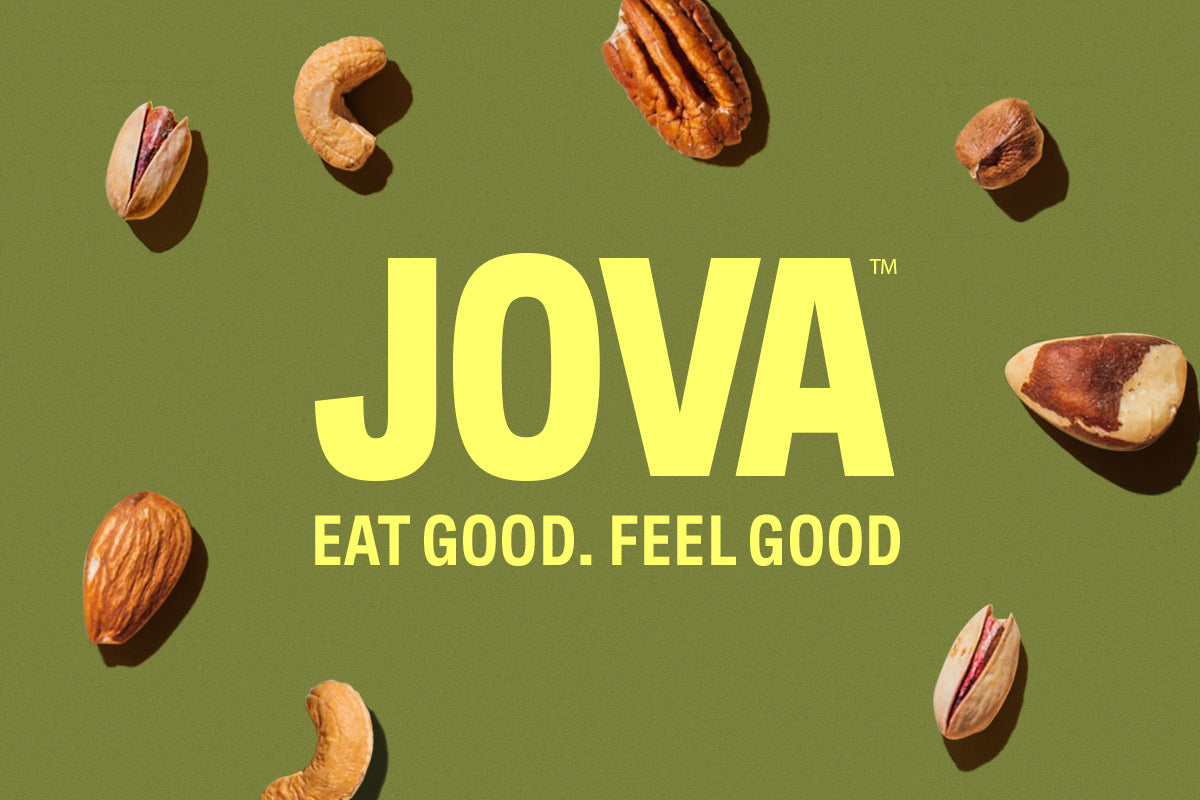Why You Need Protein in Your Diet
Have you ever wondered why protein gets all the hype in the nutrition world? Well, there's a good reason for that. Whether you're looking to build muscle, feel fuller longer, or just keep your body running smoothly, protein is a key player. Let's break down why you need it, the different types out there, and how to get more of it in your diet (spoiler: JOVA smoothies make it super easy).
What Protein Can Do for You
Protein is like the Swiss Army knife of nutrients. It helps with muscle repair and growth, keeping you strong whether you're hitting the gym or just chasing after your kids. Plus, it's great for satiety—that feeling of fullness that keeps you from reaching for a snack every hour. Studies show that protein-rich foods can keep you feeling satisfied, which helps with managing your hunger and maintaining steady energy levels throughout the day.
Different Types of Protein
So, what kinds of protein are out there? You've got your animal proteins (like chicken, beef, and fish), plant-based proteins (like beans, lentils, and nuts), and then there's collagen, which offers something unique.
Animal Protein: This includes options like chicken, beef, fish, and egg protein powder. Egg protein powder is made from dehydrated egg whites, making it a high-quality, complete protein that is low in fat and carbohydrates. Whey protein concentrate and casein, both derived from milk, are also popular among athletes for their muscle-building properties.
Plant-Based Protein: Foods like beans, lentils, quinoa, and nuts are great sources of plant-based protein. While some are complete proteins, others might need to be combined (like rice and beans) to get all the essential amino acids.
Collagen: Often found in bone broth and supplements, collagen is not a complete protein, but it's packed with amino acids like glycine and proline that can support your skin and joints. Just remember, the benefits are promising but still preliminary.
How Can I Get More Protein?
Incorporating more protein into your diet doesn't have to be complicated. Here are some easy ways to make sure you're getting enough:
Protein in Every Meal: Aim to include a source of protein in every meal. This helps maintain steady energy levels and supports muscle repair and growth throughout the day. This could be eggs for breakfast, a chicken salad for lunch, and a hearty bean stew for dinner. For snacks, try homemade protein bars or protein baked oats.
JOVA Smoothies for Breakfast: Start your day with a JOVA smoothie. They're not just delicious but also packed with nutrients. Each flavor offers over 20g of protein, fiber, and healthy fats, ensuring you stay full and energized. Simply blend a JOVA pack with a frozen banana and milk, and you're good to go.
Whole Food Sources: Incorporate a variety of protein-rich whole foods into your meals. Here are some examples: Lean Meats: Chicken breast, turkey, and lean cuts of beef.
Fish: Salmon, tuna, and other fatty fish are not only high in protein but also in heart-healthy omega-3s. Legumes: Beans, lentils, and chickpeas are great plant-based protein sources.
Nuts and Seeds: Almonds, chia seeds, and hemp seeds are excellent for adding a protein boost to salads or smoothies.
Complete Protein Sources
If you're looking for easy-to-find complete protein sources, there are plenty to choose from. Complete proteins contain all nine essential amino acids that our bodies cannot produce on their own, making them crucial for our diet. In contrast, incomplete proteins lack one or more of these essential amino acids. Eggs are versatile and can be prepared in many ways, making them a breakfast staple. Quinoa is a fantastic grain substitute that works well in salads, soups, or as a side dish. Chicken breast is lean, high in protein, and can be used in countless recipes. Greek yogurt is rich in protein and perfect for breakfast or snacks. Tofu is great for stir-fries, soups, or as a meat substitute in various dishes. Edamame, young soybeans, can be steamed and eaten as a snack or added to salads. Cottage cheese is high in protein and can be eaten on its own or added to other dishes. Fish, such as salmon, tuna, and tilapia, are excellent sources of complete protein. Buckwheat is a nutrient-rich grain that can be used in pancakes, porridge, or as a side dish. Hemp seeds are easy to sprinkle on salads, yogurt, or smoothies for an extra boost.
Conclusion
Protein is essential for a healthy, balanced diet. It supports muscle growth, helps you feel fuller longer, and keeps your body functioning optimally. With a variety of sources available, it's easy to incorporate more into your daily meals. Remember, starting your day with a JOVA smoothie is a simple and delicious way to meet your needs. Each flavor of JOVA smoothie offers over 20 grams of protein and includes a mix of high-quality protein sources, including nuts and collagen, ensuring you get all the essential amino acids your body needs.
If you have more questions about JOVA or want to shop our smoothie kits, head over to our FAQ page or check out our shop.
Stay healthy, stay happy, and enjoy every sip with JOVA! 😊
References
Muscle Growth/Maintenance: (https://doi.org/10.1093/nutrit/nuaa104) Satiety: (https://doi.org/10.1186/1743-7075-11-53)
Collagen's Benefits: Skin Elasticity (doi: 10.3390/nu15092080), Joint Health (doi: 10.3390/nu15061332)
